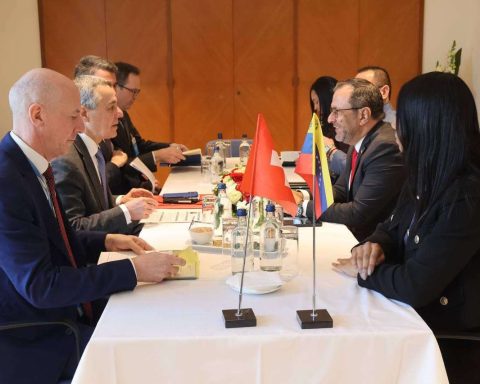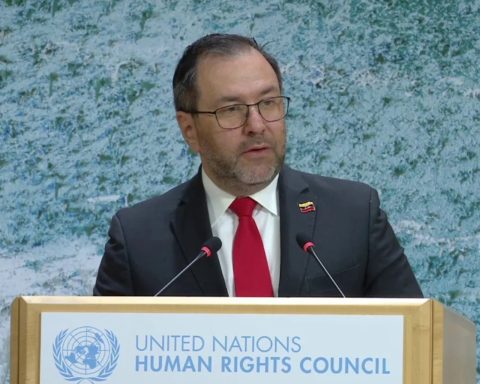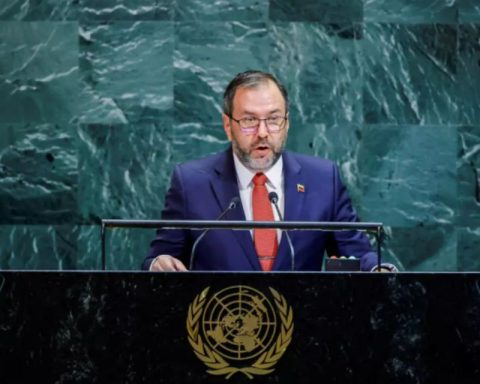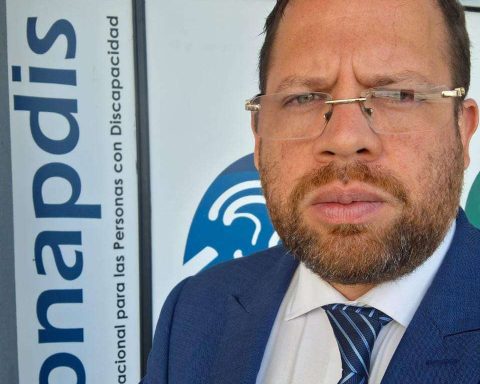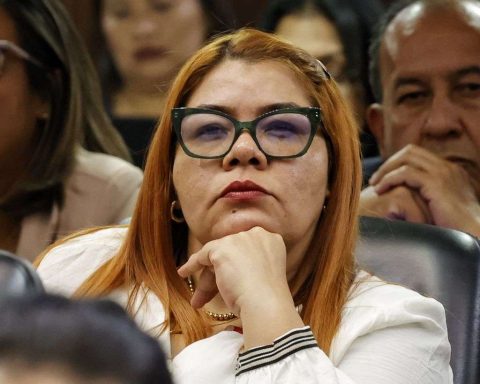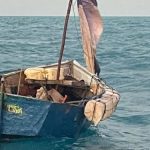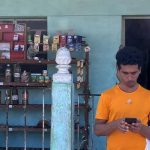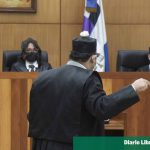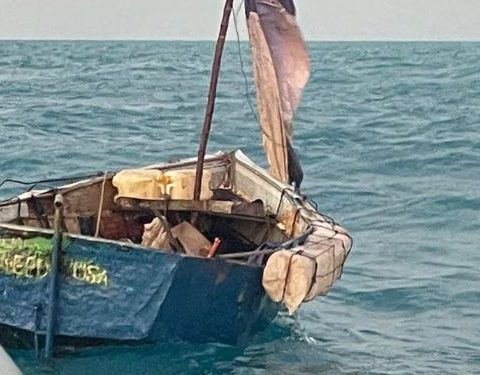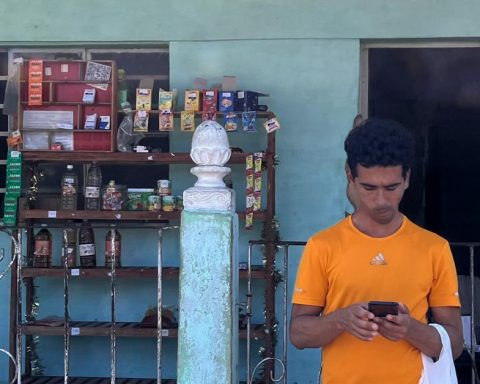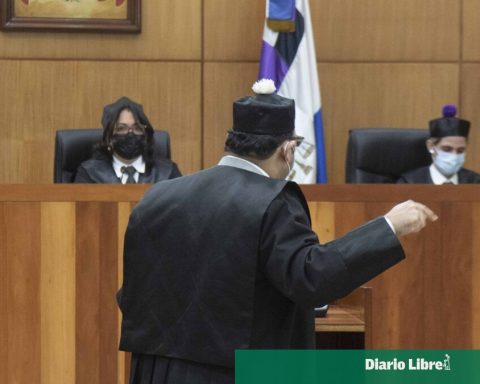While the UN highlights the need to fight corruption worldwide and celebrates the efforts of many countries that are beginning to refine their legislative frameworks, implement new technologies and involve civil society, Venezuela accumulates corruption scandals
Corruption is a cancer that corrodes societies and harms the world economy, since the calculations of the Economic and Social Council of the United Nations (UN) show an enormous impact due to the resources that have been lost thanks to activities corrupt.
Up to 5% of the world’s Gross Domestic Product (GDP) is compromised by acts of corruption, while 25% of the 13 trillion dollars corresponding to public spending by world governments is also lost for this reason.
In other words, a quarter of the money that governments spend to invest in the society under their management is diverted to benefit individuals in positions of power, according to figures provided by the president of the UN Economic and Social Council, Lachezara Stoeva.
It is not only a monetary situation, but it harms the entire social structure and threatens the struggle of governments to comply with the UN Sustainable Development Goals.
“It contributes to worsening multiple collective facets, such as favoring the loss of natural resources, exacerbating poverty and inequality, eroding trust and social cohesion, and undermining economic and political stability,” the agency warned in a statement. Press release.
According to Stoeva, women, the poor and vulnerable groups are the most affected by corruption by being left out of policies that could be financed with the diverted money.
Despite the magnitude of the numbers, the agency welcomes the measures applied in recent years by many governments to combat corruption, in line with goal 16 of the Sustainable Development Goals, called “Peace, Justice and Solid Institutions”.
“Goal 16 is a prerequisite for the effective implementation of all the others. In turn, this progress becomes a factor that allows for more effective responses to corruption,” he said.
In this sense, it considers that States must work to reduce illicit financial flows, in addition to combating corruption and bribery in all its forms. The measures of recent years have allowed a change to appear, hand in hand with new technologies and the participation of civil society.
“Countries have implemented various anti-corruption measures. There is more awareness and better legislative and regulatory frameworks. National strategies are common. The potential of information and communication technologies and data is harnessed. Citizens and civil society participate in monitoring corruption risks and anti-corruption responses,” she detailed.
*Read also: 26 countries investigate corruption schemes involving Venezuelans
Even regions lagging behind in the fight against corruption are beginning to make progress. This is the case of Latin America, which began to inaugurate regional anti-corruption centers.
The executive director of the United Nations Office on Drugs and Crime, Ghada Waly, recalled that her agency is creating a network of regional anti-corruption centers that help improve needs on the ground and promote interregional cooperation. and South-South.
Waly specified that the first center was inaugurated in Mexico last year and that two more will open soon in Kenya and Colombia, along with other ongoing projects.
What about Venezuela?
While the UN highlights the need to fight corruption worldwide and celebrates the efforts of many countries that are beginning to refine their legislative frameworks, implement new technologies and involve civil society, Venezuela accumulates corruption scandals.
Most of the cases of corruption in Venezuela go under the table and many of them are known about through investigations carried out by other countries. According to the date of Transparency Venezuelathere are more than 140 judicial processes related to the illicit administration of Venezuela’s resources in 21 years of Chavista administration.
These international investigations involve some 68.311 million dollars, a small figure considering the other acts of corruption from Venezuela that have not been investigated and have no international significance.
According to the Venezuelan Public Ministry (MP), only 31 corruption schemes have been investigated in the country, 18.5% of the 167 cases indicated by the Corruptometer database of Transparency Venezuela.
The latest corruption plot uncovered in the country involved —once again— the state-owned Petróleos de Venezuela (PDVSA). Maduro ordered the National Anti-Corruption Police (PNCC) to investigate a series of state officials and businessmen, which led to a wave of arrests and a “purge” within Chavismo.
Maduro called this procedure “Operation Caiga Quien Caiga” and promised to fight against corruption to the last consequence. However, his words lose weight when considering that it is not the first time that he has carried out a “purge” and taken action against corruption, so that later a new plot is brewing under his nose.
As part of this “fight” against corruption, the National Assembly elected in 2020 and controlled by the United Socialist Party of Venezuela (PSUV) approved the Asset Forfeiture Law, a legal instrument that allows the confiscation of assets from individuals involved in corruption. corruption or drug trafficking activities and dispose of them.
However, this law raises various questions and seems to benefit only the top government, since it is the high government that disposes of the confiscated assets. The first use that the Executive gave it was for award 500 seized vehicles and designate them to the Bolivarian National Police (PNB).
Post Views: 169
